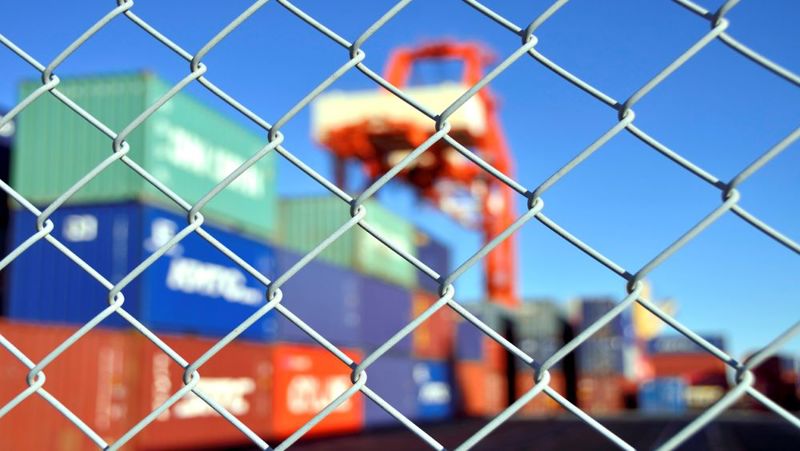Ever-changing global sanctions rules, black-list databases and cargo restrictions mean denied party screening can now be as important to cargo export as creating the air waybill or printing the labels. From loss of export privileges to expensive fines and sometimes even criminal penalties, failure to comply can put the shipment, your business and your team at serious risk.
What is denied party screening?
Denied party screening (sometimes referred to as Restricted party screening), relates to the process of checking a potential business partner or customer against denied and sanctioned party lists to ensure you are not violating any export control regulations.
Created and maintained by government authorities, agencies and organizations, there are more than 1,300 lists globally outlining companies or people that businesses should be cautious trading with. This could be due to them having a history of corrupt business practices, being identified or having an association with a terrorist organization, or for posing a threat to national security.
What does denied party screening involve?
The denied party process consists of ‘screening’ an organization’s index of employees, customers, vendors, suppliers, transactions and records against denied and sanctioned party screening lists. It is commonly done using an automated denied party screening service.
Individual lists are updated frequently with more complex lists also added regularly. This includes one backed by data from Dow Jones’ Sanctions Ownership research, which identified more than 21,000 entities across 180 countries not complying with the 50 Percent Rule.
A deep dive into an organization’s ownership structure, this Dow Jones research can identify how great a stake a sanctioned person may own. Specifically, it helps determine if sanctioned persons are controlling an organization through formal mechanisms, such as serving on a board of directors, or through more informal means, such as the exertion of voting control over an organization. It also comprises individuals or companies that may be subject to international restrictions or sanctions due to their participation in certain sectors of the global economy.
What are the consequences of trading with someone who is on a denied party list?
As exporters and freight forwarders are responsible for ensuring goods arrive at their destination, they are ultimately also responsible when goods end up in the hands of any company or identified on a restricted party list.
It is illegal to export to any company or individual who appears on a denied party list. From loss of export privileges to expensive fines and sometimes even criminal penalties, failure to comply can put the shipment, your business and your team at serious risk.
How do I do screen customers or partners against denied party lists?
Governments are continuously updating their sanctions regimes – sometimes even daily – so no one person or team in your company could feasibly keep up with all the changes. Manually trying to access and cross-check companies and individuals against hundreds of lists is almost impossible and fraught with potential errors.
Our secure and reliable logistics execution software, CargoWise, helps you stay compliant with direct, real-time access to more than 1,300 restricted party lists. The system automates the complex, manual, time intensive process of cross-checking global sanction subjects, helping you better manage your labor resources, control costs and minimize risks.
What’s more, CargoWise’s deep integration throughout your operations means each time a screening process takes place there is a comprehensive audit trail, so you know which members of staff performed the search and accepted the responses. This helps you to comply with both internal and external audit regulations.
For extra security, you can also restrict the generation of certain documents that would enable the cargo to be exported – such as bill of lading or pick-up requests – unless the user has the appropriate security rights to let it proceed.
This makes sure every operational file is screened prior to export, and if any changes or additions are made to the record after creation, CargoWise can automatically re-screen the entity without any user interaction at all.
Want to know more about our powerful denied party screening tools in CargoWise? Learn more
Need help optimizing your productivity with CargoWise? Our global CargoWise Partner network helps customers of all sizes implement and configure CargoWise to suit your business needs. Find out how
Sign up to our CargoWise Newsletter
Subscribe for the latest updates on new CargoWise functionality, success stories from our customers, and insights from our global team.
